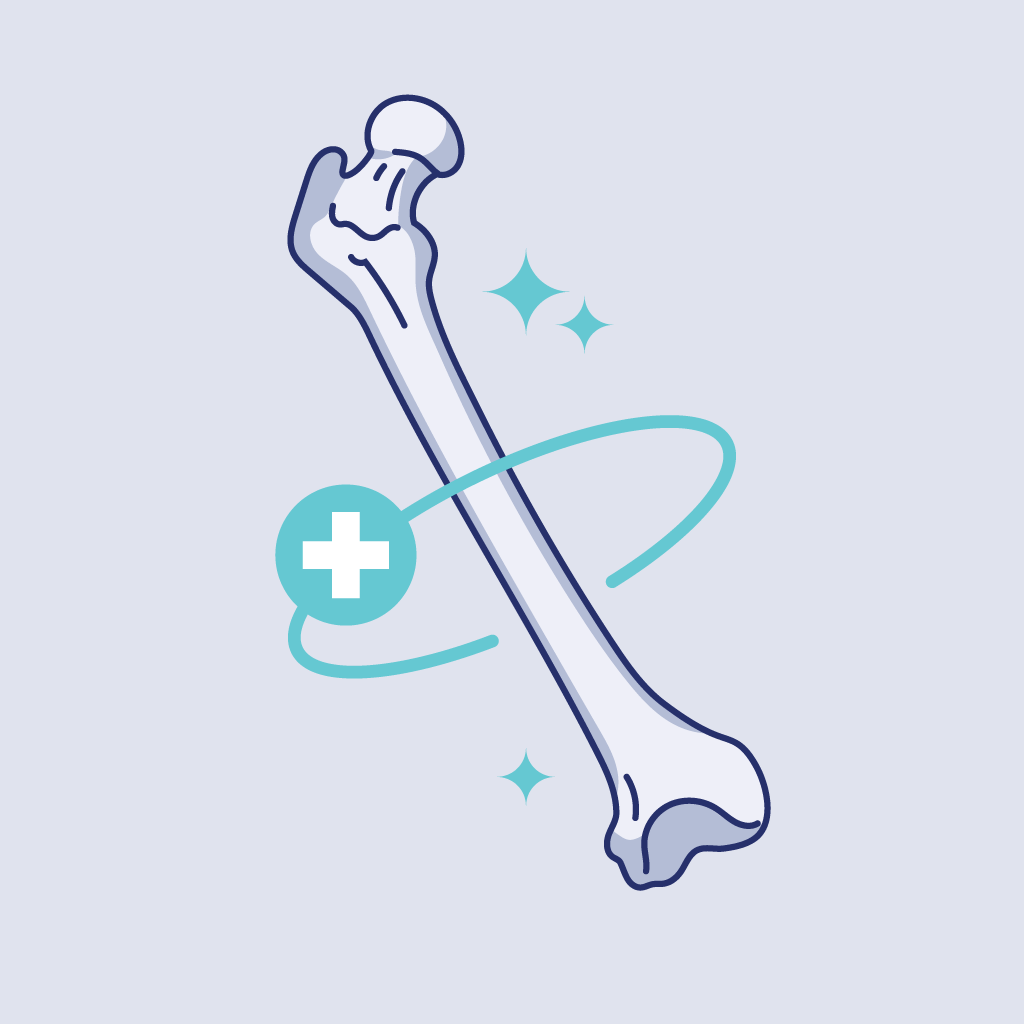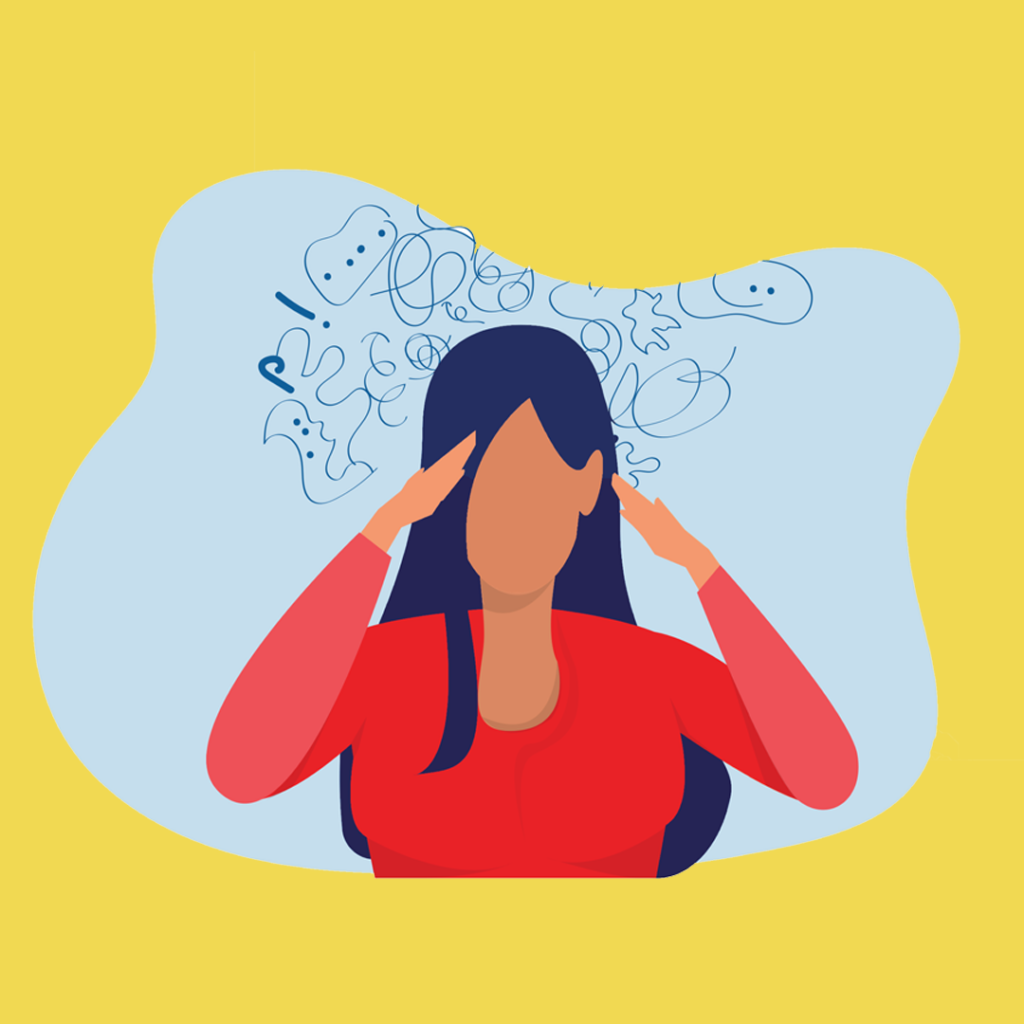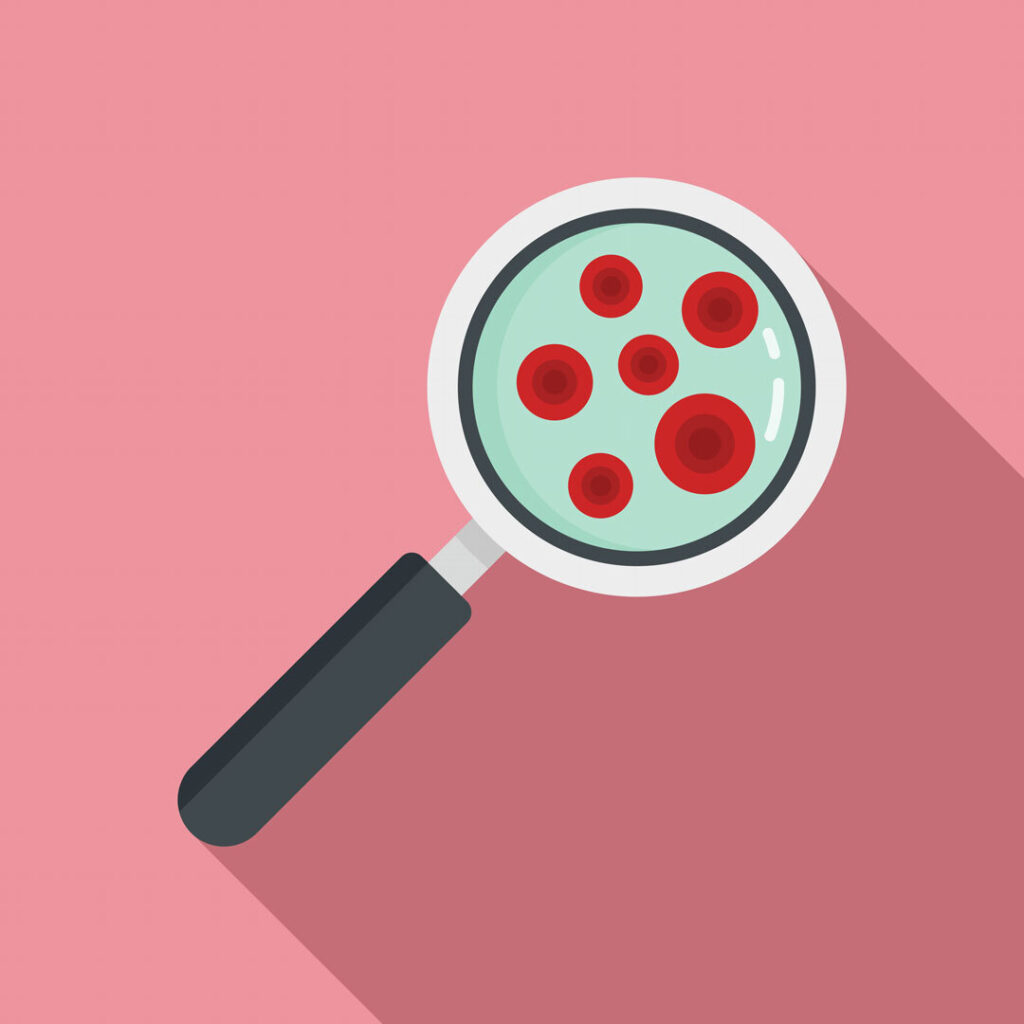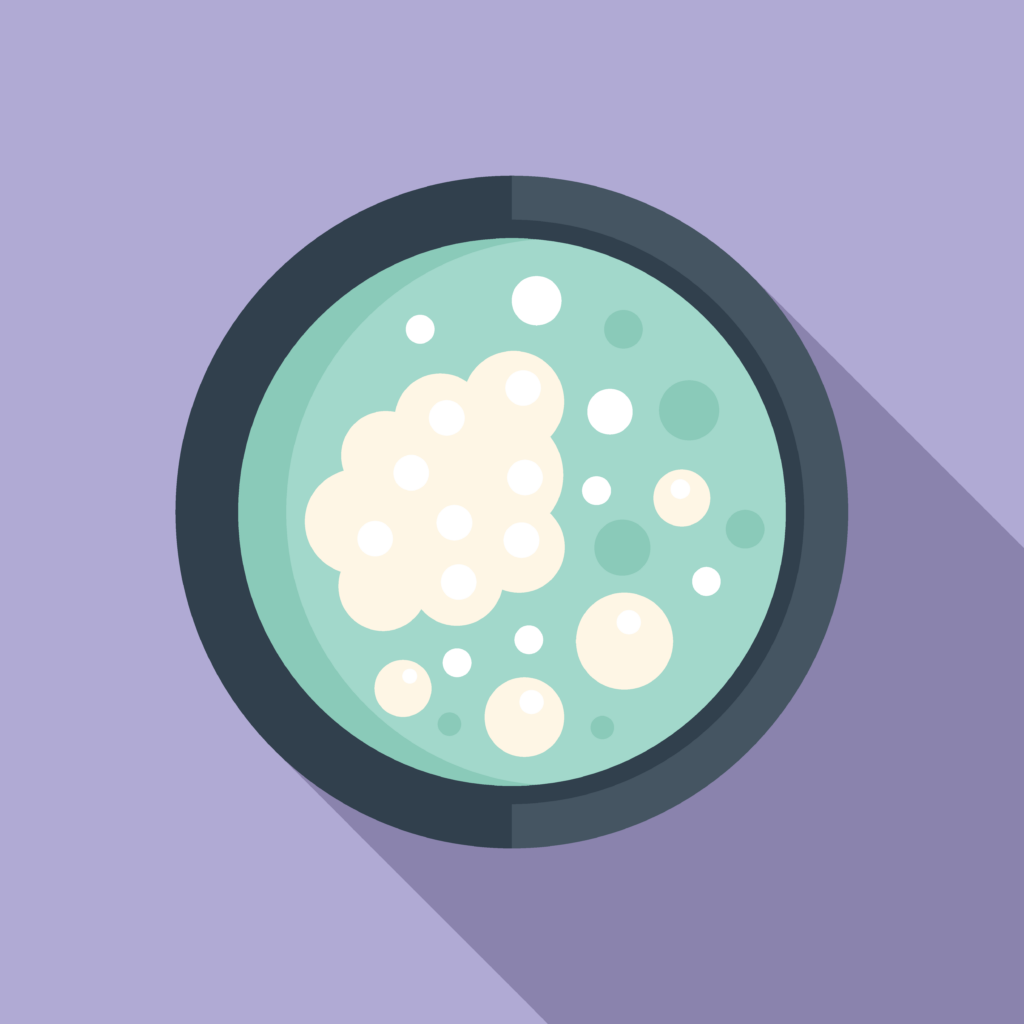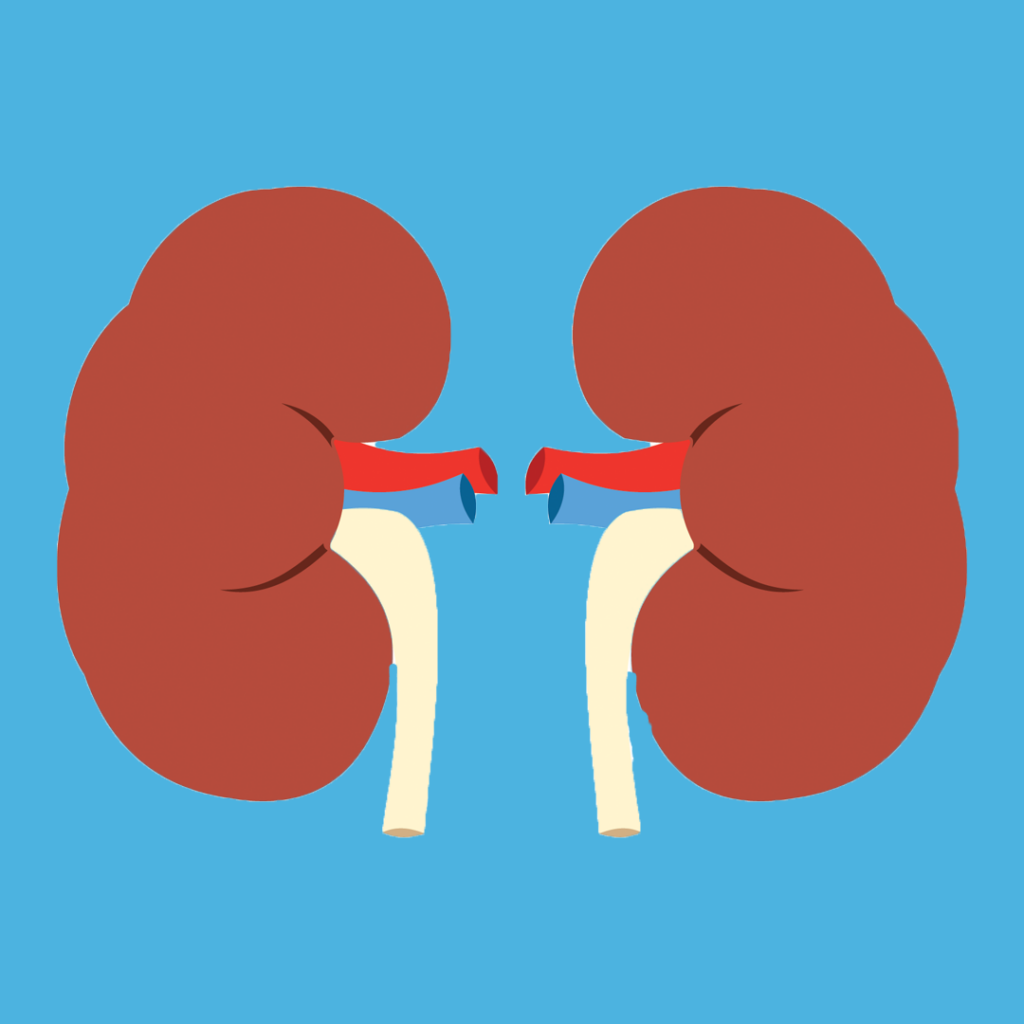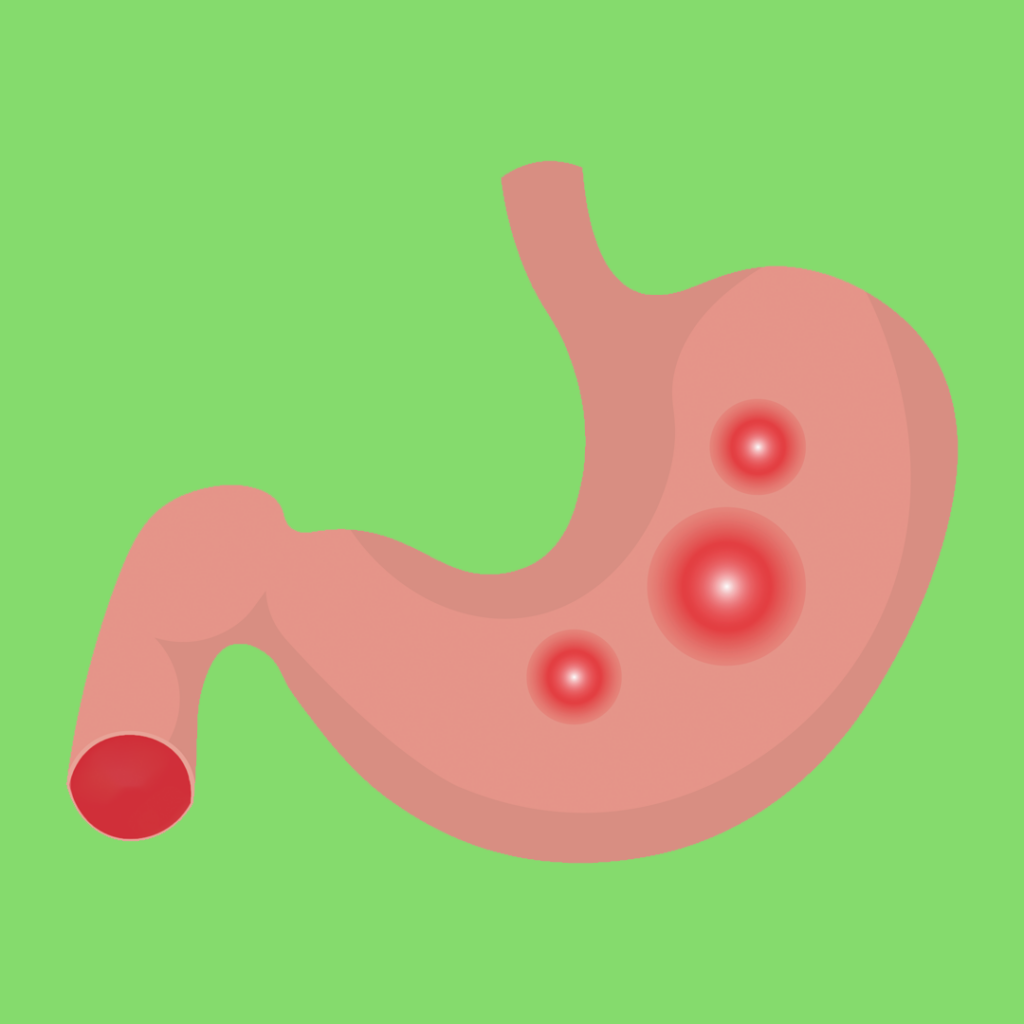Zinc's role in fighting liver disease
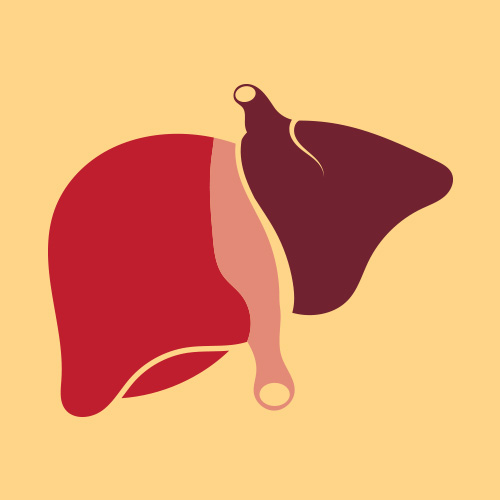
This mighty mineral, zinc has a close relationship with one of our most important organs: the liver. It is in charge of removing toxins, waste, and other harmful substances from the body. Without proper elimination of these toxic substances, your body cannot function optimally.
How does zinc help the liver do its job?
The liver detoxes waste from our bodies in two phases, phase I and phase II. Both phases are equally important - disturbances to either phase will affect liver function. Phase I of liver detoxification renders toxins water soluble and more easily removed from the body. This process relies of cytochrome P450, an enzyme that breaks down excess fatty acids and hormones that are no longer needed.
In phase II of liver detoxification, the water-soluble toxin from phase I is then bound to two other substances that make it less harmful and even easier to remove. Both phase I and II require certain nutrients to be present in order to run smoothly. Zinc in particular plays a role in phase I detoxification because it is required for cytochrome P450 activity.
Signs that your liver may need support
Today, we are exposed to a variety of toxins daily through our environment and modern diet - alcohol, pollution, Bisphenol A (BPA), parabens and much more. Our liver has to take on a significant burden and consequently, may not always work at its full capacity. The symptoms below may not be cause for concern if they occur once in a while, but should they appear frequently, you may want to check in with your healthcare practitioner.
Acne
Your liver and skin are both elimination organs that the body relies on to excrete waste. Toxins that are unable to be pushed out through the liver can sometimes be pushed out through the skin pores instead. When this happens, the skin becomes irritated and inflamed. Acne is commonly seen as red, swollen and inflamed bumps on the skin.
Fatigue and Excessive Tiredness
Do you frequently lack energy and focus throughout the day? Perhaps you feel tired no matter how much you sleep. Chronic fatigue is one of the most common of liver disease. It is not clear on how the liver affects energy levels, but studies suggest it may involve changes in signalling between the diseased liver and the brain. Fatigue tends to improve after treating the liver.
Yellowing of the Eyes and Skin
Although this may be common in newborn babies, yellowing of the eyes and skin in adults is a strong indication of liver malfunction. This condition, known as jaundice, occurs when bilirubin is not broken down appropriately by the liver. Bilirubin is a yellow breakdown product of red blood cells. Its colour will be reflected in the eyes and skin as it builds up.
Pale Stool
Another colour change you may notice can be found in your daily excretions. Normally, stools obtain their dark brown colour from bile salts. These bile salts are normally released by the liver after each meal to help with digestion of fats. If the flow of bile is blocked by buildup, or if the liver does not produce enough bile, the stool that forms will be pale and light-coloured.
Fluid Retention in the Abdomen
This uncomfortable symptom is often caused by severe liver disease. The liver is responsible for making the protein albumin, but when it is compromised, albumin levels decline. Because albumin normally keeps fluid moving throughout the body, low levels can result in fluid retention in the abdomen, similar to chronic bloating.
The role of zinc in liver diseases
More severe conditions of liver disease occurs when the liver's function is compromised for long periods of time. A deficiency in zinc affects liver cell functions and thus, has been associated with liver cirrhosis, alcoholic liver disease and fatty liver.
Alcoholic Liver Disease
Alcohol is a toxin for the body and must be filtered out by the liver. As a result, excess alcohol consumption has severe consequences on the liver. Zinc has been shown to prevent alcoholic liver injuries in acute and chronic exposures to alcohol. Alcohol decreases zinc levels in the liver and creates oxidative stress on the body, and zinc deficiency is associated with alcohol liver disease. Zinc helps neutralize oxidative stress by increasing glutathione, our body's main antioxidant. On the other hand, zinc deficiency is associated with alcohol liver disease.
Liver Cirrhosis
The most advanced stage of chronic liver disease is called liver cirrhosis. This occurs when your liver is filled with scar tissue from all the injuries it has already sustained. Cirrhosis continues to worsen as more scar tissues form, and advanced cirrhosis can be life-threatening. Ammonia, a toxic compound, is normally broken down into urea by the liver. In cirrhosis, the liver does not adequately perform this task, and zinc deficiency may also impair the metabolism of ammonia. Zinc supplementation can improve the breakdown of ammonia, increasing the formation of urea and is found to be effective in treating patients with cirrhosis.
Fatty Liver
Fatty liver disease is an umbrella term for non-alcoholic excess fat in the liver. It is estimated to affect 25% of the global population and can lead to more serious health problems such as type 2 diabetes, if not addressed. Zinc deficiency is also common in nonalcoholic fatty liver disease (NAFLD). A study on individuals with NAFLD showed that zinc supplementation helped improve their blood sugar, lipid profiles and liver fat accumulation. Evidence suggests that zinc plays an important role in regulating the metabolism of fats in the body.
How to detox the body
The liver's job is to detox the body, and you can support your liver by giving it the nutrients it needs during phase I and II of detoxification.
B vitamins are needed for both phases and can be found in whole grains and grass-fed meats. Magnesium, vitamin C, N-acetyl cysteine (NAC) and glutathione are needed for phase I detox. You can find these nutrients in leafy greens, red peppers, oranges and avocados.
Cruciferous vegetables in particular, support liver detoxification because they contain sulforaphane precursors and calcium-D-glucarate that stimulate phase II detoxification. Examples of these powerful vegetables include broccoli, cauliflower, cabbage and kale. Furthermore, bitter vegetables such as dandelion and arugula help promote bile secretion from the liver, in order to optimize digestion and fat metabolism.
Zinc supplementation for liver health
Do you need to have a liver condition to start supplementing with zinc? Although many studies show the positive benefits of zinc supplementation for those with liver disease, there is also a correlation between zinc deficiency and impaired liver function.
To reduce the chances of a zinc deficiency, a daily zinc supplement can be used. Try Zinc Bis-Glycinate 25, a gentle formula which provides a daily dose of bioavailable zinc to support your body's important organs.

